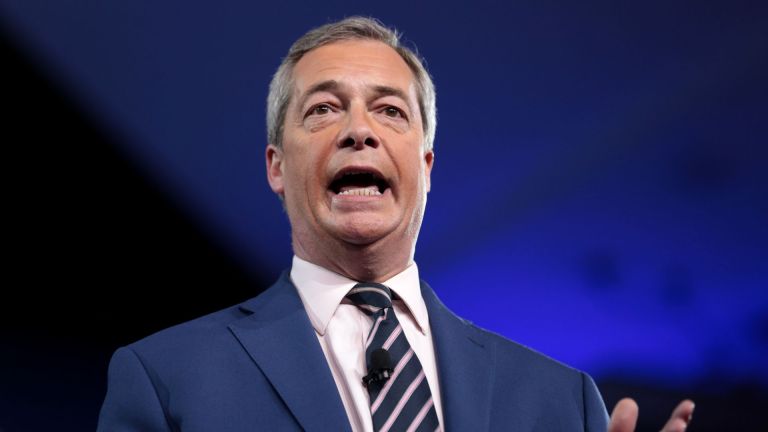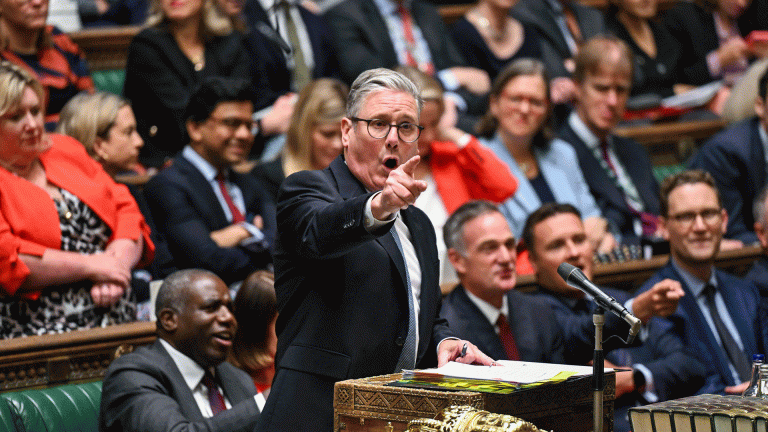“As well as this, he will be looking to set the terms of the economic debate in the run up to the election, setting a political and economic ‘trap’ for Labour along the way.”
He adds: “Longer-term, Hunt is establishing a fiscal terrain that could shape the next few years even if the Conservatives lose the next election.”
This trap is possible because of Labour’s decision to follow Conservative fiscal rules.
“The Spring Budget could jeopardise a potential Labour government’s ability to restore growth and address the cost of living crisis,” says Craig Berry, a political economist and former treasury official. ”The Conservatives will in all likelihood lock in severe spending cuts that it has no intention of delivering in practice, in order to finance pre-election tax cuts.”
However, this is not a given. Alongside the budget, the Office for Budget Responsibility produces forecasts which set the terrain. If Starmer and Reeves step through their neighbouring Downing Street doors and discover a flaming mess in the government’s books, they could easily call an emergency budget, bringing with it an updated set of forecasts. The landscape could yet change.
When the chair of the government’s own Office for Budget Responsibility says it is “probably generous” to describe the Treasury’s medium-term spending plans as a “work of fiction”, there is little pressure on Labour to commit to those spending plans, says Nick O’Donovan, a lecturer at Keele Business School.
Advertising helps fund Big Issue’s mission to end poverty
And yet, the fact a Conservative budget could be so constraining for a potential Labour government speaks to the slim choice on offer to voters.
“Both of the main parties look like they are sticking to similar ‘fiscal rules’. This is partially a reaction to the financial market meltdown caused by Liz Truss’ mini-budget,” says Pranesh Narayanan, a research fellow within IPPR’s Centre for Economic Justice. “While this episode does provide a cautionary tale, both parties should remember that financial markets are sophisticated players. They look beyond headline fiscal rules, which change relatively frequently, to detailed plans that sit behind them.
“What the economy needs right now is investment and more funding for public services – a credible economic plan needs to deliver on this.”
Look beyond fiscal rules, and there’s deeper change needed for the British economy – underpinned by a state which cannot provide dental appointments, prevent mass homelessness, or keep local government solvent. One budget is unlikely to solve this.
For Louise Haagh, a professor at the University of York, this speaks to a wider narrowness in how the economy is presented to the public
“The general problem for any reform – environment, income support systems, or any other type of institutional change – is that governments are constrained by short-termism,” she says.
Advertising helps fund Big Issue’s mission to end poverty
“British public policy debate is always focused on alternative figures. It’s rarely focused on what the institutional changes are that Britain needs.”
Even opposition and critics focus on mirroring the way government functions – rather than thinking beyond the constraints. Take homelessness as an example, where many can only get homelessness support once they are already on the streets. This is rooted in the way we think of spending public money.
“The whole system is geared to what I call last resort justice,” says Haagh. “You’ve got to be absolutely desperate before the system kicks in and supports you. There is no anticipation or forward-thinking governance of social problems.”










